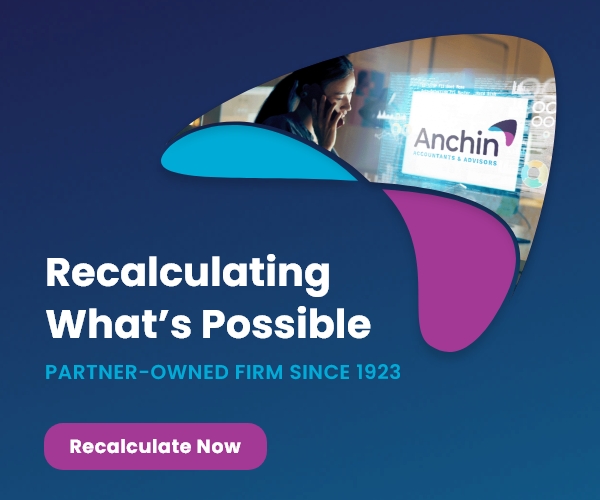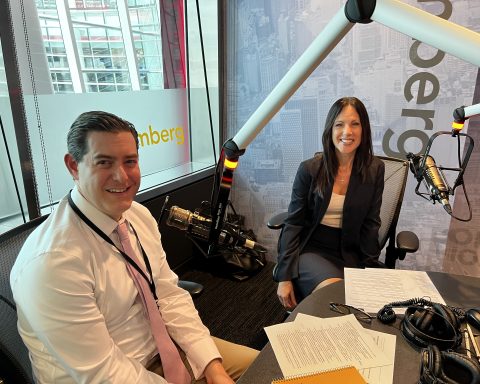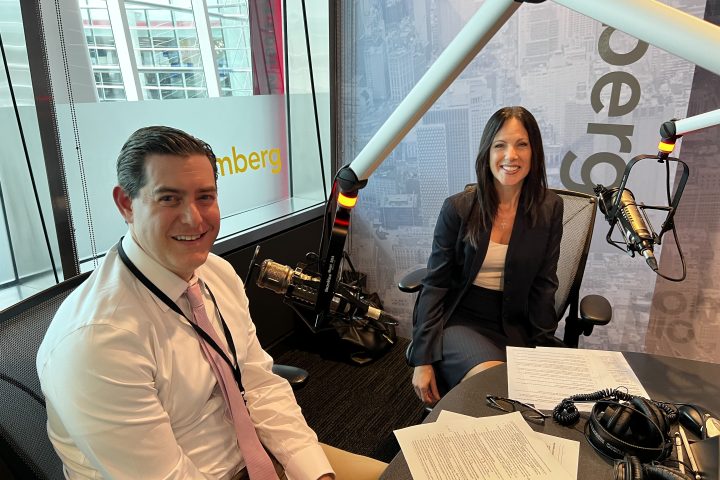They say that no good deed goes unpunished. This can certainly be the case if you decide to join the Board of Directors or Board of Advisors of an emerging company. The life cycle of a company in its start-up phase is different than a more mature company and generally requires greater interaction with management in strategy and planning.
You’ve achieved a lot in your career and you want to help an entrepreneur make it to the next level. Include these three steps in addition to your standard due diligence, governance, and duty of care to protect yourself and ensure that you are fairly compensated for your expertise.
Obviously, your due diligence process will include more than these three steps, but these three steps are often overlooked.
Step 1: Ensure the Company Obtains D&O Insurance and/or Indemnifies You
Don’t sleepwalk into a lawsuit. If you decide to serve on a board of directors, in addition to your due diligence, make sure that the company has sufficient directors’ and officers’ liability insurance, known as D&O. This coverage protects you from lawsuits alleging wrongful acts. Ensure the policy can automatically be renewed as long as the company pays the premium. Otherwise, the company could be left without D&O coverage in the middle of a high-risk fund raise, as the insurance company might not renew the policy due to the company’s low bank balance.
D&O policies are less important to an advisor, who does not have the same fiduciary duties of a director. Both directors and advisors, however, should obtain signed agreements that the company will defend, indemnify and hold them harmless for their work for the company.
Step 2: Board Compensation – Understand the Capitalization
Board of Directors or Advisors generally receive an interest/options in the company as compensation. Your options will likely never be worth much if the company issues you a modest total representing a low percentage of the company’s stock on a fully diluted basis, with an unrealistically high strike price that over-values the emerging company.
Typical rules of thumb for emerging companies call for independent directors and advisors to receive options representing at least 1/2% and 1/4% of the outstanding and reserved shares respectively, based on a true fair-market value.
Step 3: Secure Fair Option Terms
In addition to obtaining the right number of options with a strike price based on a fair valuation of the company, independent directors and advisors should request (a) a long post-termination option exercise period, and (b) acceleration of vesting upon a change of control.
Under typical option grants, an employee who leaves the company must exercise his or her options within 30-90 days. However, unlike paid employees, independent directors and advisors of emerging companies do not normally receive cash compensation, but rather only options. If independent directors and advisors are terminated, they may be forced to decide whether or not to exercise their options within 30-90 days with little opportunity to understand the true value of the company. They therefore must write the company a check when the company has no planned exit or other liquidity prospects, or not exercise and forgo any chance of getting compensated for their work for the company. In other words, they may end up working for free.
Asking for a seven-year post-termination exercise period at the beginning allows you to wait and see how the company does and perhaps realize something for your efforts. Having immediate vesting upon a change of control further rewards you for helping the company reach that important milestone. Without a change of control acceleration, who knows what the buying company will do?
Conclusion
Protecting yourself from liability, understanding the company’s capitalization, and negotiating fair option terms, in addition to standard due diligence, governance and duty of care, will go a long way to protecting you as an independent director or officer, allowing you to assist a growing company with the prospect of a financial reward.


























